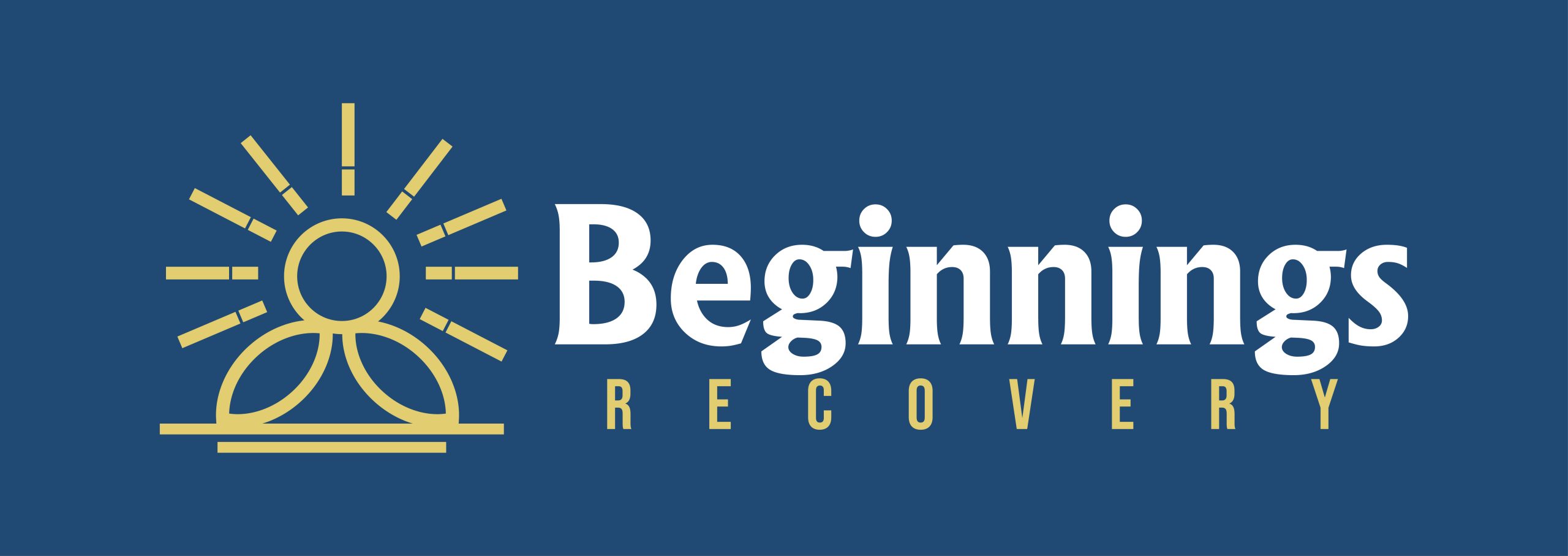How to Break the Cycle of Anger and Addiction

Substance use disorder is a complex disease involving both physical and mental components. For many people, the cycle of anger and addiction can feel crippling and make it seem impossible to break. But help is available, and professional addiction treatment programs are designed to address all sides of the complex disease of substance abuse to show people how to achieve the better, brighter future that they deserve.
Oklahoma City drug and alcohol rehabs can help if you or a loved one is struggling with the devastating effects of anger and addiction. Beginnings Recovery’s team of experts knows that these two issues often go hand in hand, and that’s why we can address both the physical and mental factors behind drug or alcohol addiction. Before we explain how our treatment programs work and how outpatient addiction recovery can help, let’s explore the complex connection between anger and addiction and why these two are so often interrelated.
What Is the Cycle of Anger and Substance Abuse?
The cycle of anger and addiction can work in multiple different ways, according to the Substance Abuse and Mental Health Services Administration. SAMHSA says anger and substance use disorders are frequently co-occurring, and that can lead to consequences like aggression, relationship and career problems, criminal activity, and self-harm. The interaction is complicated because people who suffer from anger, violence, or traumatic experiences can start abusing drugs or alcohol as a way of coping. At the same time, frequently using drugs and alcohol can lead to problems with anger and aggression.
According to SAMHSA, cognitive-behavioral therapy is an effective way of treating substance abuse and other mental health conditions that can be related, including depression, post-traumatic stress disorder, and anxiety. These anger-related mental health struggles can exacerbate and fuel addiction, which is why it’s so important for addiction treatment programs to work with patients to address both sides of the coin at the same time.
What Are the 4 Phases of the Addiction Cycle?
There are four widely accepted stages or phases of the addiction cycle, beginning with experimentation before ramping up to regular use. After that, risky use or abuse can begin, and this often will eventually lead to dependency or addiction.
A 2016 publication from the U.S. Surgeon General’s office says the evidence shows a three-stage cycle of the addiction process:
- Binge/Intoxication: During this stage, the person consumes or ingests an intoxicating substance and feels rewarding or pleasurable effects.
- Withdrawal/Negative Affect: The person starts to feel negative emotions when they don’t use the substance.
- Preoccupation/Anticipation: In this third stage, the person seeks out the desired substance once again after abstaining for a period.
The publication says these stages are interrelated, feeding on one another, but each also involves the processes of different parts of the brain and neurotransmitters. The cycle may be experienced over weeks or months or even happen several times a day. No matter how it works out in individual cases, the addiction cycle will most often intensify as time goes on – raising the risk of serious consequences.
Inpatient and outpatient Oklahoma City drug rehabs can address the self-feeding addiction cycle by helping patients break the chains of addiction. With proper treatment, including individual and group therapy and other programs, the cycle of addiction can end – and a better life is possible.

What Is the Connection Between Anger and Addiction?
When considering the cycle of anger and addiction, it makes sense to wonder what the connection is between the two. For decades now, the body of research has suggested that the two are quite interlinked. For example, a review and meta-analysis published in 2021 in the Brazilian Journal of Psychiatry looked at 12 studies to research how the two are associated. It found people who use psychoactive substances had statistically significant elevated anger scores when compared to non-users, and that also brought about a high risk of relapse. The meta-analysis suggested the importance of addiction treatment programs to address anger with anger management programs and by providing training to patients on how to manage daily stress, conflicts with family and friends, and other normal frustrations of life.
A 2019 study published in the Journal of Education and Health Promotion looked at 373 medical students in Iran to see if their anger issues could predict their potential to suffer from drug or alcohol addiction. The study found a clear link, with those who expressed subjective signs of anger being much more likely to have problems with addiction. On the flip side, those who expressed stronger skills for handling and relieving anger were less likely to suffer from addiction.
How to Cope With Anger in Recovery?
While the link between anger and addiction is well-established, what might not be as well-understood is how people can effectively cope with anger in addiction recovery in a healthy manner. A presentation by the National Anger Management Association says anger can fuel all types of addictions. In addition to drugs or alcohol, people with unresolved anger problems can be more likely to suffer from impulse disorders like gambling, kleptomania, or sex addiction, as well as compulsive shopping, exercising, or spending.
People in recovery from addiction might become overwhelmed as they feel emotions they haven’t dealt with in years or decades. They also can remember past traumas they previously suppressed with addiction. Basically, someone in recovery has to learn how to deal with trauma, feelings, and issues without relying on a substance to blank it out. This can feel like grief to the person in recovery – and that grief can become anger. The association suggests screening people who are beginning recovery for feelings of anger and ensuring that treatment helps them address these underlying issues.

Break the Cycle of Anger and Addiction With Help From Beginnings Recovery
The cycle of anger and addiction can feel impossible to break, but it doesn’t have to continue forever. Professional addiction treatment in Oklahoma City is the best way of dealing with these complex issues. At Beginnings Recovery, we offer a comprehensive range of outpatient addiction treatment programs in Oklahoma City that help patients discover the underlying factors behind their substance abuse and learn how to handle complex feelings without falling back on drugs or alcohol. Help is available, and we can help. Take the first step today by calling us at 405-724-8740.
External Links
- SAMHSA – Anger Management for Substance Use Disorder and Mental Health Clients
- National Library of Medicine – Facing Addiction in America
- National Library of Medicine – Anger and Substance Abuse
- National Library of Medicine – Relationship Between Anger and Drug Addiction Potential as Factors Affecting the Health of Medical Students
- National Anger Management Association – Anger and Addiction
